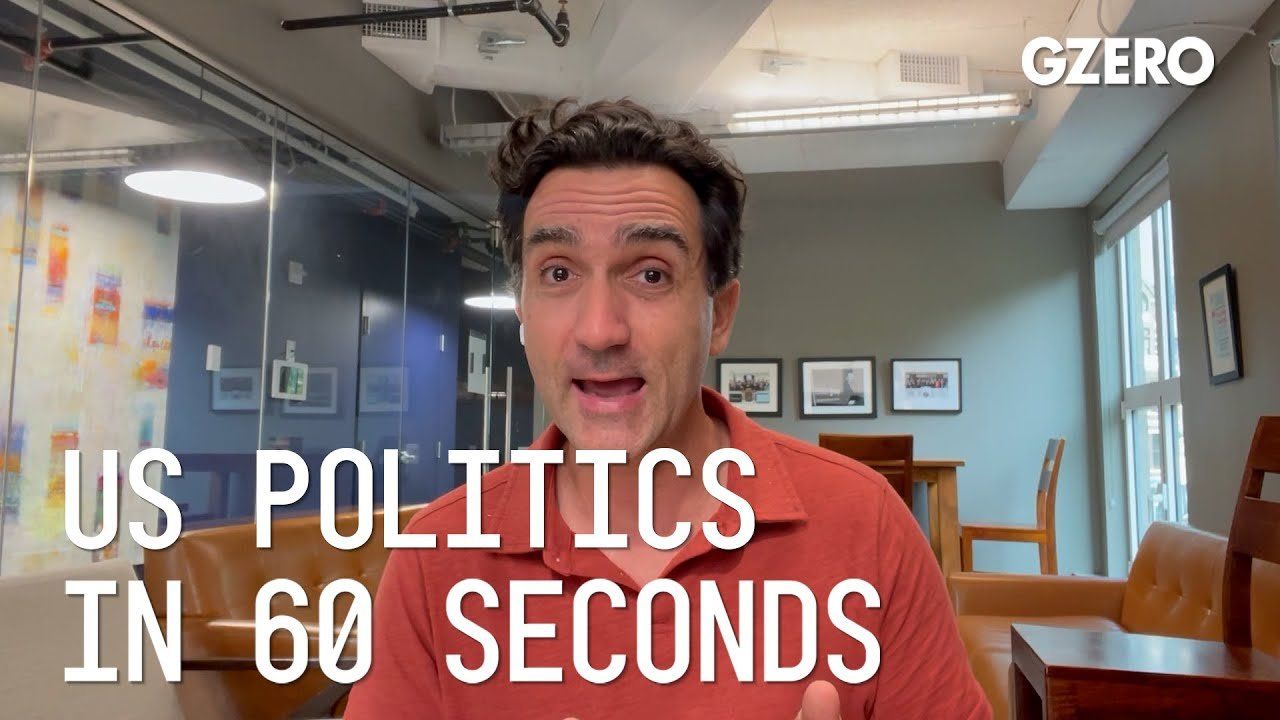
Jon Lieber, head of Eurasia Group's coverage of political and policy developments in Washington, DC shares his perspective on US politics.
Who won the debt ceiling showdown between President Biden and House Speaker Kevin McCarthy?
And the answer is everyone's a winner. President Biden, first and foremost, avoided a default, which would have been a terrible consequence for Biden politically and the US and world economy. Very happy that didn't happen. Biden can now spin the modest spending reductions in the bill that increased the debt ceiling as a bipartisan victory, which should potentially help in his reelection campaign as he tries to campaign as a quasi-moderate, which is what brought him to office in 2020 and he put the debt ceiling issue behind us for another two years until at least January of 2025, which is going to be after the next presidential election. And the US is likely to revisit a lot of these fiscal issues once again, using the debt ceiling as a point of leverage to achieve further spending cuts and potentially an extension of the Trump tax cuts that expire in 2026.
For Kevin McCarthy, he wins because he still has his job. Earlier in the year, he had a really tough time achieving the speakership vote, having to go through 15 rounds of votes on the House floor. But it turns out that he's a pretty popular guy among the Republicans, driving forward this deal with very modest spending reductions, despite initially promising very steep reductions, particularly in 2024. They tried to get 9% cuts. They ended up with about 0% cuts, but a 3% increase in defense. And this is a win for Republicans all over the place. There might be some cranky conservatives who don't like this deal and they could potentially threaten McCarthy's speakership later in the year. But for now, it looks like he's doing okay.
He's going to be on thin ice, though, and the fiscal issues are not over for this year because the deal included something called the penny plan, which would cut overall spending by 1% if there's no appropriations bills, which are the annual bills that are legislation that funds the government, passed by January 1st of next year. This will give the conservatives who are in favor of government spending an incentive to block any of these appropriations bills and it's going to mean McCarthy's going to be caught in between the two sides of the Republican conference, the conservatives who want the cuts and the rank-and-file members who want to see increased spending on defense and the appropriators who want to see even bigger increases across the board.
So, McCarthy's not out of the woods just yet, but he's in a pretty good position and a much stronger one than we would have thought in January.